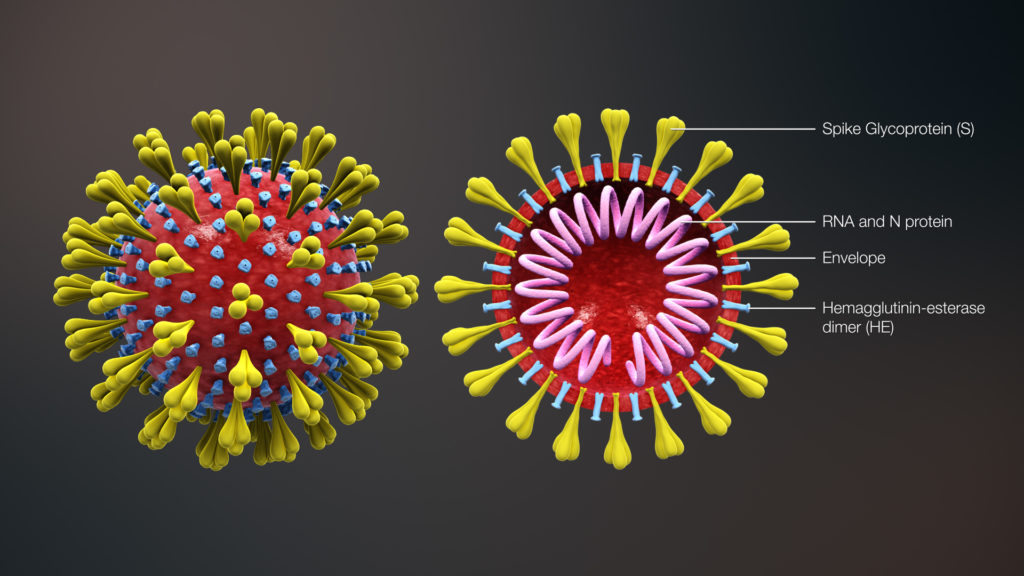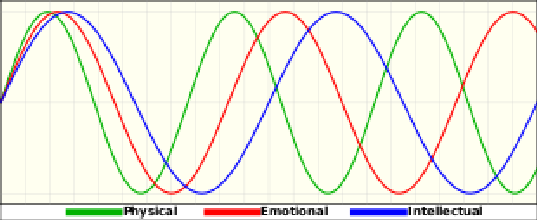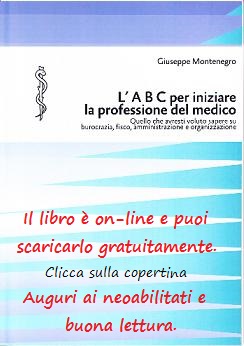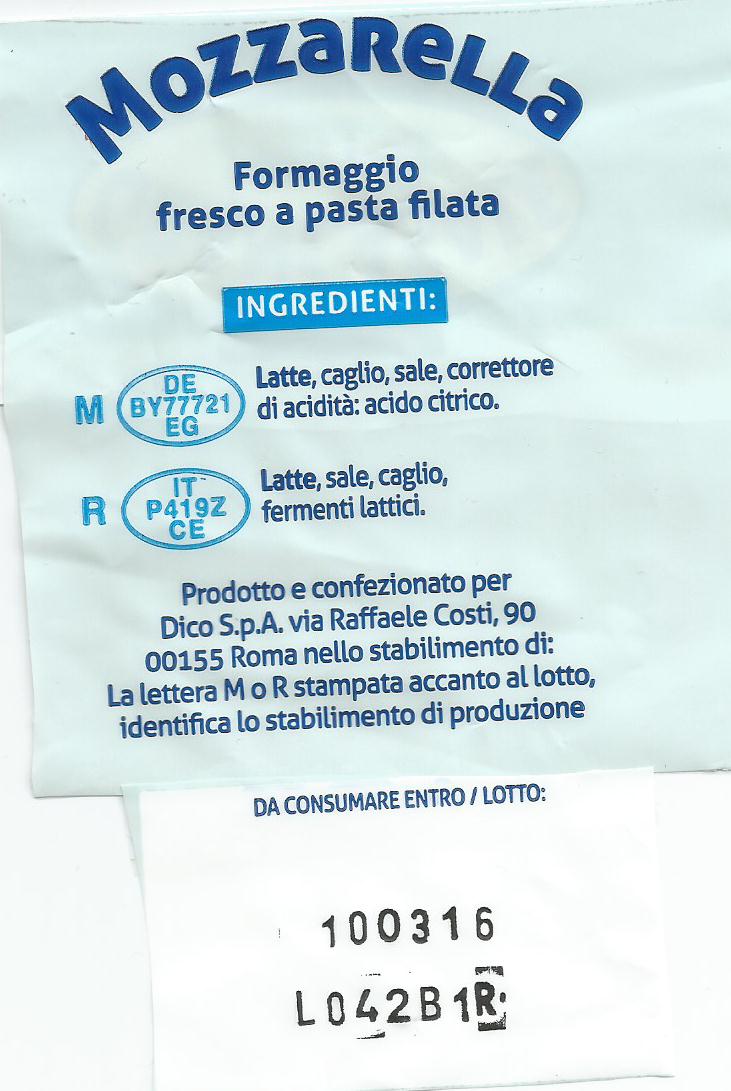Covid-19, il progetto European Virus Archives (EVA)

Interessi globali nello studio di virus e di “guadagno di funzione” non permettono di scoperchiare, per ora, la “pentola” di Wuhan?
“Il progetto European Virus Archives (EVA) è stato lanciato nel 2008 per soddisfare l’esigenza di una raccolta di virus coordinata e facilmente accessibile che potesse essere messa a disposizione di università, autorità sanitarie e industria“.
“In tre anni il progetto è passato da un consorzio di nove laboratori europei a partner associati in Africa, Russia, Cina, Turchia, Germania e Italia, compreso l’Istituto di virologia di Wuhan“.
E’ parte della risposta che la Commissione UE ha fornito il 3 novembre 2020 all’interrogazione scritta dell’eurodeputato Jérôme Rivière (ID) sul finanziamento del laboratorio di Wuhan (E-005963/2020) riportata in un articolo di Maria Müller pubblicato sul sito https://de.rt.com/meinung/122326-virusforschung-auch-deutschland-und-eu-arbeiten-mit-bio-laboren-in-wuhan-zusammen/
L’Autrice riporta nell’articolo che: “Negli ultimi dodici anni sono stati scoperti oltre 2.000 virus. Storicamente, questo è un numero enormemente alto, perché negli ultimi 200 anni l’umanità ha identificato “solo” 2.284 virus in tutto il mondo. Questi virus sono stati raccolti in tutta la Cina, registrati geneticamente a Wuhan e possibilmente conservati. Un lavoro intenso, mirato e sistematico che può essere spiegato solo nel contesto dell’Archivio Europeo dei Virus. È iniziato nel 2008, dodici anni fa. I database dei progetti EVA e EVAg dovrebbero essere in grado di dimostrarlo o confutare l’ipotesi.”
Ed inoltre, in cosa consiste il progetto europeo “Orizzonte 2020”?
Clicca qui per leggere tutto l’articolo.
English version
Covid-19, the European Virus Archives (EVA) project
Do global interests in the study of viruses and “gain of function” not allow us to uncover the Wuhan “pot” for now?
“The European Virus Archives (EVA) project was launched in 2008 to meet the need for a coordinated and easily accessible virus collection that could be made available to universities, health authorities and industry.”
“In three years, the project has grown from a consortium of nine European laboratories to associated partners in Africa, Russia, China, Turkey, Germany and Italy, including the Wuhan Institute of Virology.”
It is part of the response that the EU Commission provided on 3 November 2020 to the written question by MEP Jérôme Rivière (ID) on the financing of the Wuhan laboratory (E-005963/2020) and is reported in an article by Maria Müller published on the website https://de.rt.com/meinung/122326-virusforschung-auch-deutschland-und-eu-arbeiten-mit-bio-laboren-in-wuhan-zusammen/
The author reports in the article that: “Over 2,000 viruses have been discovered in the last twelve years. Historically, this is an enormously high number, because in the past 200 years, humanity has identified “only” 2,284 viruses worldwide. These viruses have been collected all over China, genetically registered in Wuhan and possibly preserved. An intense, targeted and systematic work that can only be explained in the context of the European Virus Archive. It started in 2008, twelve years ago. The databases of the EVA and EVAg projects should be able to prove this or disprove the hypothesis. “
And also, what is the European project “Horizon 2020”?
Click here to read the whole article.





























